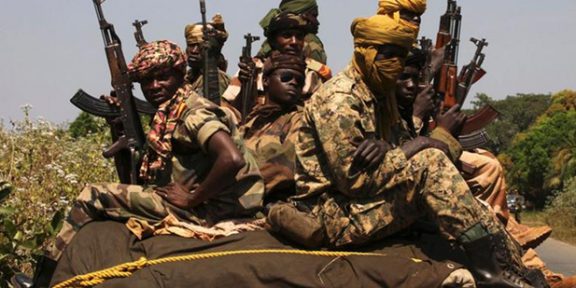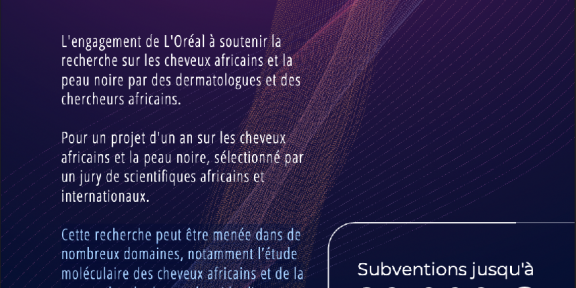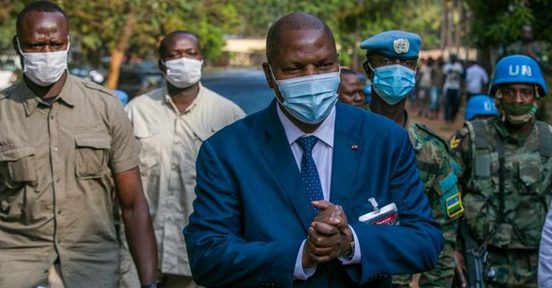The World Bank and UNICEF today delivered $3 million worth of medication and equipment to Niger in support of the government’s response to the COVID-19 pandemic. The arrival of the shipment of critical supplies was marked by a small ceremony attended by Niger’s Minister of Health, the World Bank Country Manager and the UNICEF Country Representative.
The shipment is part of a trilateral agreement through which UNICEF is supporting the delivery of essential emergency supplies purchased by Niger’s Ministry of Health with financing provided by a $13.95 million World Bank-financed COVID-19 Emergency Response Project, approved on April 15, 2020.
“This shipment will enable us to address some of the gaps and needs within the health response to the COVID-19 pandemic. Some of the supplies will also help protect our health workers who are risking themselves trying to protect us all”, said Dr Idi Illiassou Maïnassara, Minister of Public Health.
This consignment includes critical medication and equipment needed for the treatment of coronavirus infections, personal protective equipment and kits for front-line healthcare workers, equipment for temporary healthcare facilities and other health equipment and medication to be available to health facilities and communities where there is a need.
“The COVID-19 pandemic highlights the importance of investing in resilient health systems that can screen, diagnose, treat people and break the chains of transmission. Our health operations aim to boost Niger’s preparedness and ability to respond to the pandemic and protect the people most exposed to its damaging effects. Our goal is not only to save lives, but to help country build stronger, more resilient health systems to be better prepared for future disease and ensure no-one is left behind” said Joelle Beatrice Dehasse, World Bank Niger Country Manager.
The World Bank and UNICEF work closely with the Government and other partners to step up the response and contain the spread of the COVID-19 virus in the country, already facing the consequences of multiple crisis including malnutrition, conflicts and natural disasters.
In June, UNICEF already airlifted almost 10 tons of the Government-purchased vaccines to maintain routine immunization while keeping health workers and communities safe. Keeping immunization systems and structures active throughout this time is more critical than ever before.
UNICEF also ordered additional nutrition supplies in anticipation of a possible surge in admissions for severe acute malnutrition. Latest estimates have shown a possible increase of severe acute malnutrition cases due to the repercussions of COVID-19. In addition, UNICEF is putting in place actions to protect the diets and nutrition services and practices of pregnant women and breastfeeding mothers during this critical period.
“The COVID-19 is a dire threat, but it can also be turned into an opportunity. We must protect the gains made during this pandemic, such as the great mobilization around the importance of handwashing practices and the strong engagement and solidarity at community level in the fight against the virus. It is the opportunity to chart a brighter future for children. There’s still a lot of potential that could be gained from the current situation,” said Dr. Felicite Tchibindat, UNICEF Representative in Niger.
Niger reported its first case of Covid-19 on March 19, 2020. As of July 13th, the country has recorded 1,099 confirmed cases of coronavirus (COVID-19), of which 992 people have recovered, 39 are under treatment and 68 deceased.






